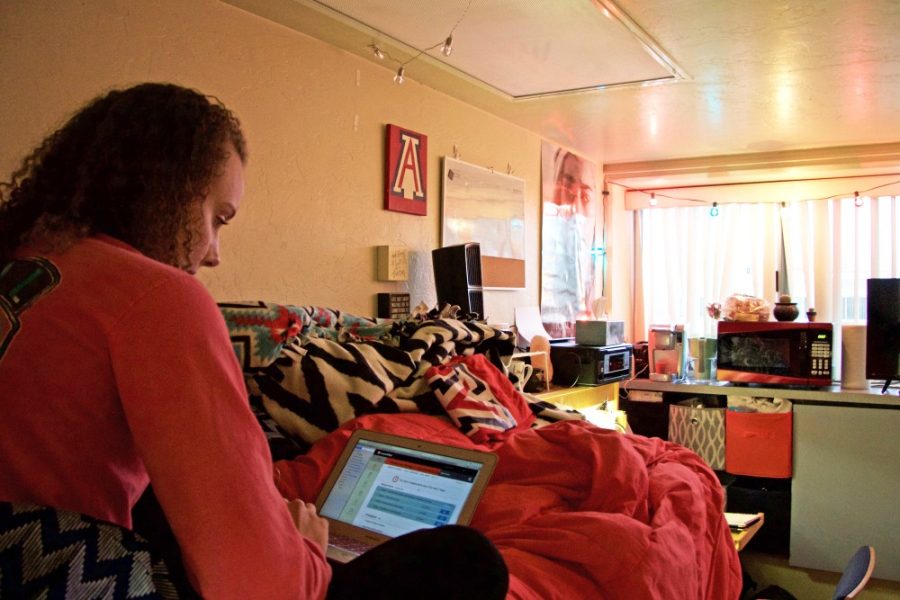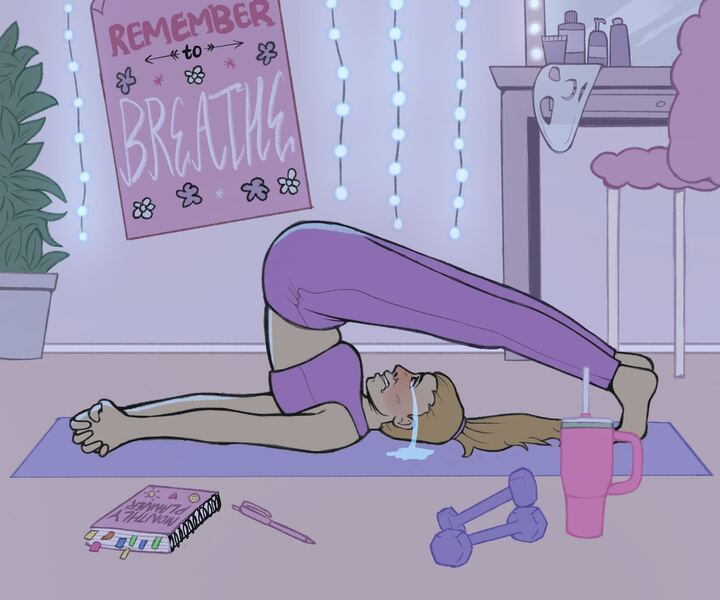We often treat happiness and success at work or school as being a zero sum game; sacrifice one for the health of the other, and switch off once it becomes impossible to sustain. Study to the point of exhaustion during the school week, and then party enough to make up for another depressingly long day of lectures. But studies show that treating work and play as two different beasts may be doing more damage to yourself and those around you.
The Social Market Foundation put out a 700-person study that had many groups performing tasks and accomplishing different sets of goals, with certain groups being supplied light hearted videos or sweet snacks before being given the assignments, while the control group received none and instead got straight to work. The results were immediately observed, with the happier groups showing an increase in productivity of 12 percent to as high as 20 percent.
The principle is simple: happier workers work harder. Think about what that means for you; do you work better while in a good mental place and ready for the day, or if you are sick and tired and ready to go home? Or as the researchers at the University of Warwick put it, “We find that human happiness has large and positive causal effects on productivity. Positive emotions appear to invigorate human beings.”
Going even further, unhappiness is shown to drop productivity by as much as 10 percent, a sign that workers or students should be focused on making their workplace or learning environment as healthy and encouraging as possible. This happiness building starts at home, with healthier eating, a more positive housing arrangement, and a better work-social life balance. Researchers have found that students eating healthier self report the highest happiness rating out of all the college students researched, so even the smallest choices will make large impacts on your outlook in life.
And just as we go back to classes and students either decide to stay in the dorms or get themselves apartments near campus, it’s important to look at the costs and benefits of either choice and make the decision that will work best with you. Living is not one size fits all, and one arrangement may encourage study habits and positive work ethic, another may find too constricting or even depressing. While apartments allow for more freedom and potentially cheaper (and even healthier) food options, on campus dorm rooms are closer to classes, often with amenities not included off campus, and even offer social events and a community that would not be felt if you live away from other students.
RELATED: Opinion: Necessary revival of issue-driven art
Apartments are desirable for the liberties that come with them, free from supervision and with more privacy than anything a dormitory can offer. Students eager to begin their own housing arrangements and plan for the future would do better by living off campus, especially if they have already experienced the dorm life and branched out into different friend groups. Those students would be likely to enjoy the open endedness of apartment living, and would bring that happiness at home with them to class.
But for newer students or those interested in experiencing the culture of a university as close as possible, starting out in the dorms offers security and guidance that would not be there otherwise. Meal plans and close proximity to university amenities also better assist those students, making cost of food less stressful and taking another possible concern off the table. Social opportunities connect these students and bring together those with similar experiences but who would otherwise never have met.
Regardless of what living situation you choose, it is important to remember that work and happiness do not have to be one or the other, and ideally establishing a healthy balance of the two will better them both. I can speak personally about how my happiness with where I was living influenced the quality of my work and the amount of focus I paid to my studies, and just how integral satisfaction with housing is to take in the rest of the college experience.
— Alec Scott is a sophomore studying political science who volunteered for the 2014 Ron Barber Congressional Campaign. Follow the Daily Wildcat on Twitter.









